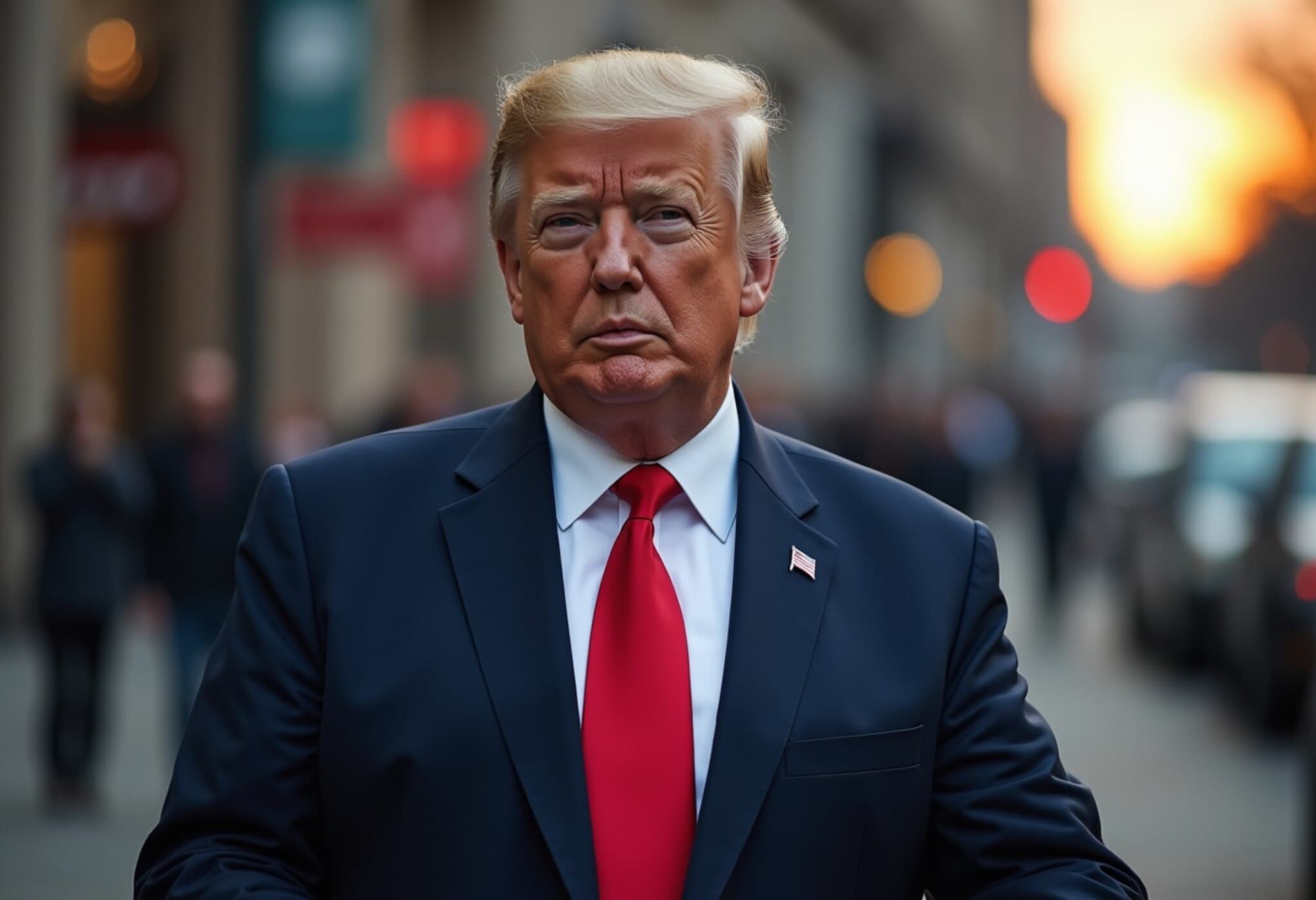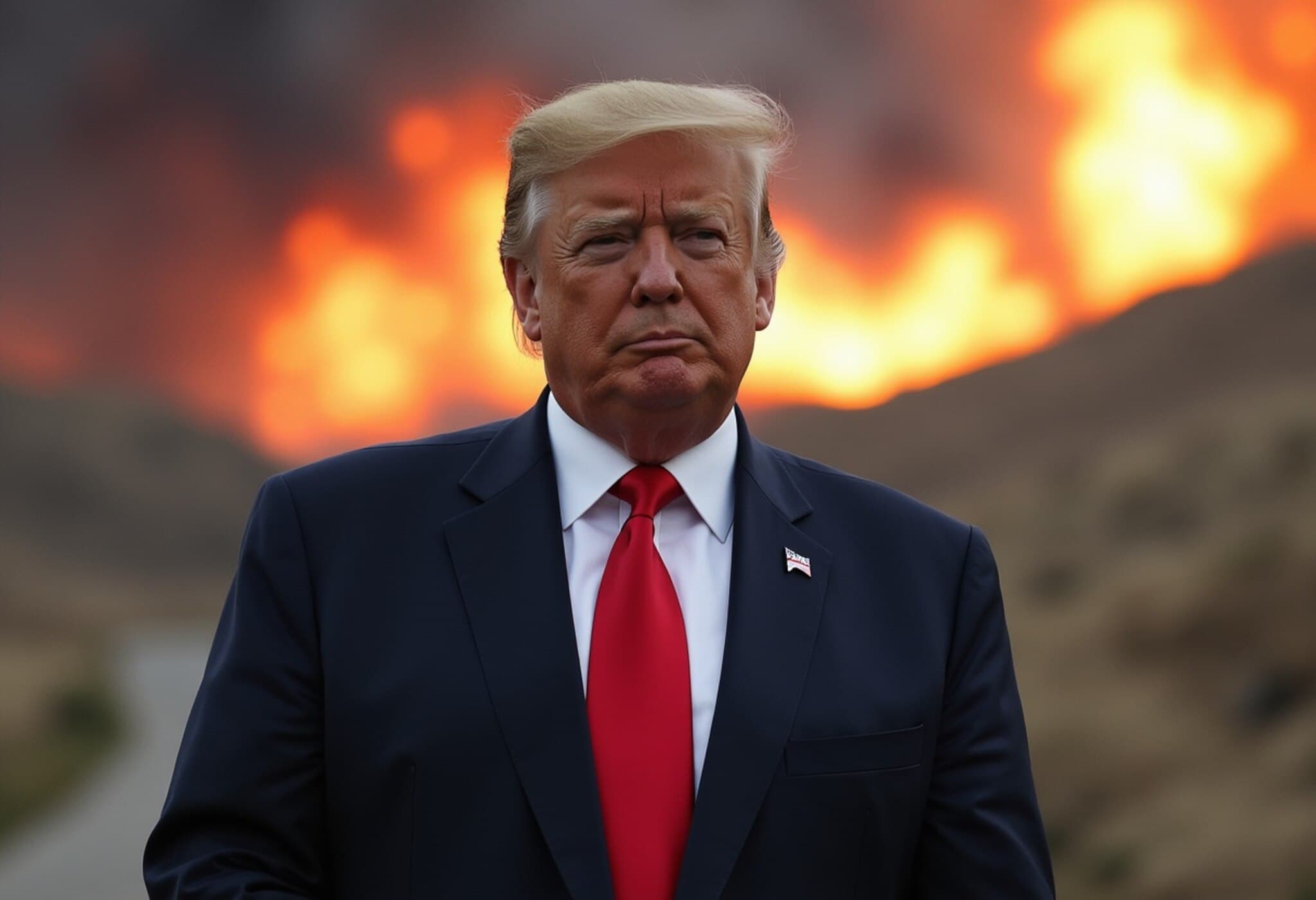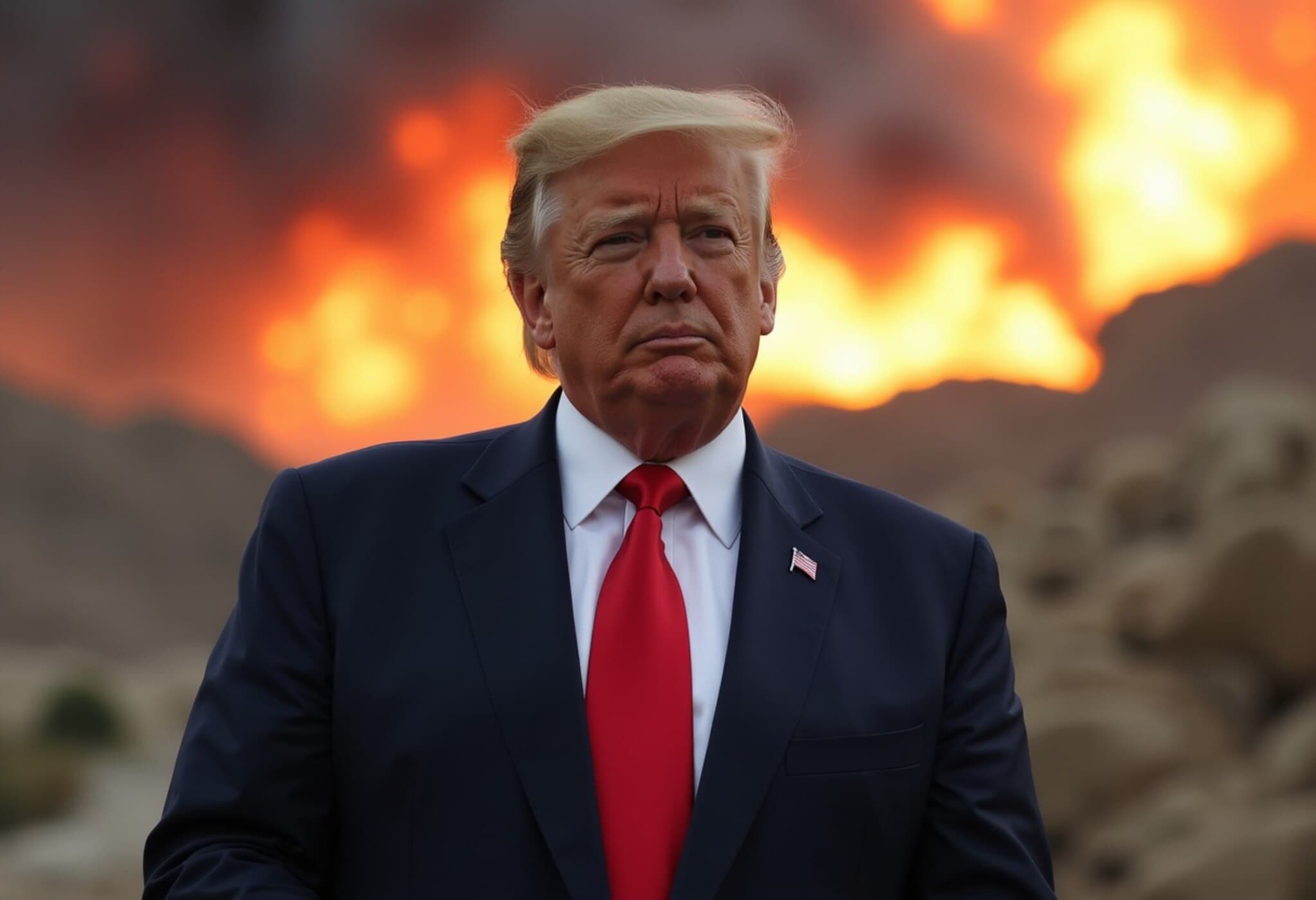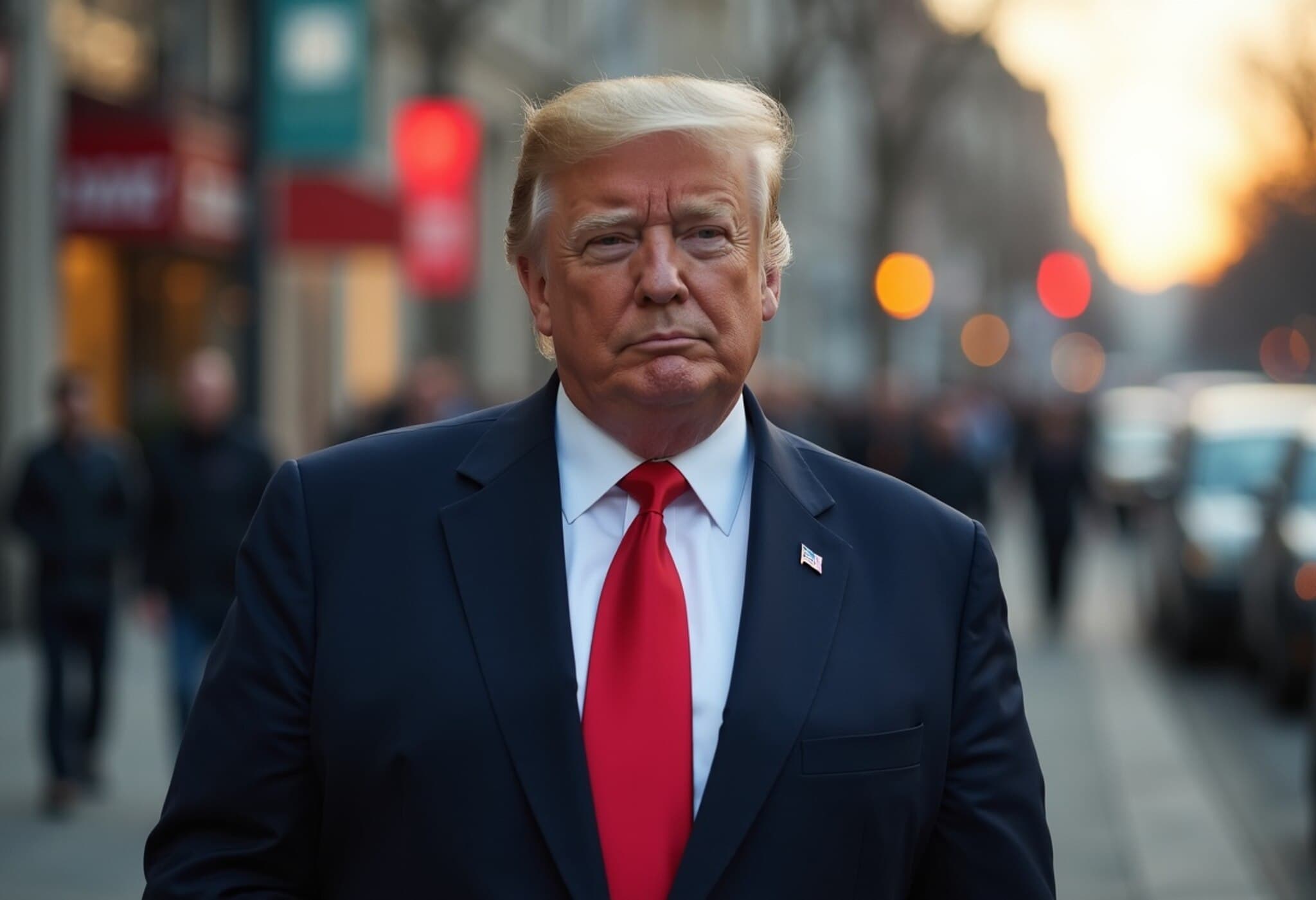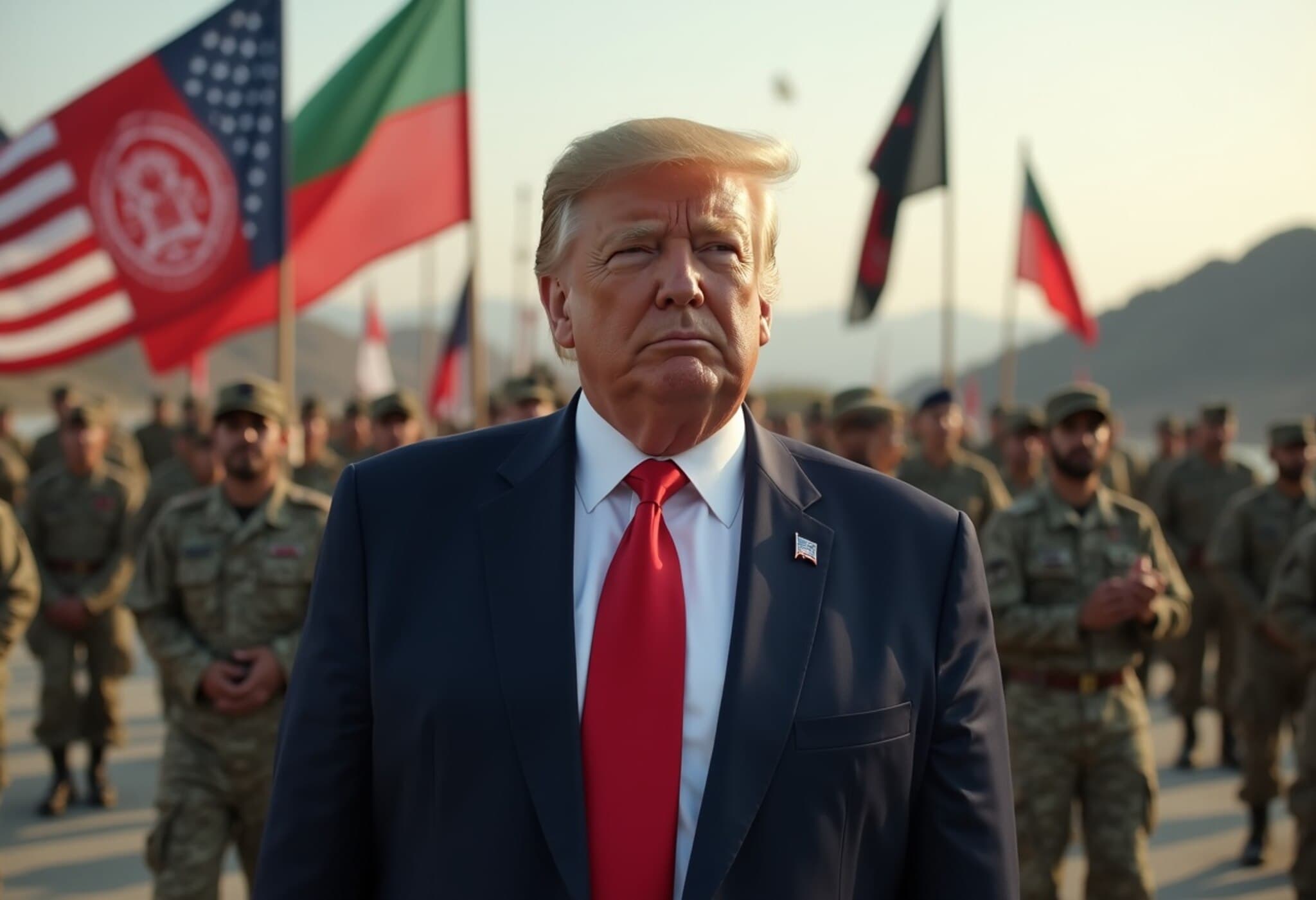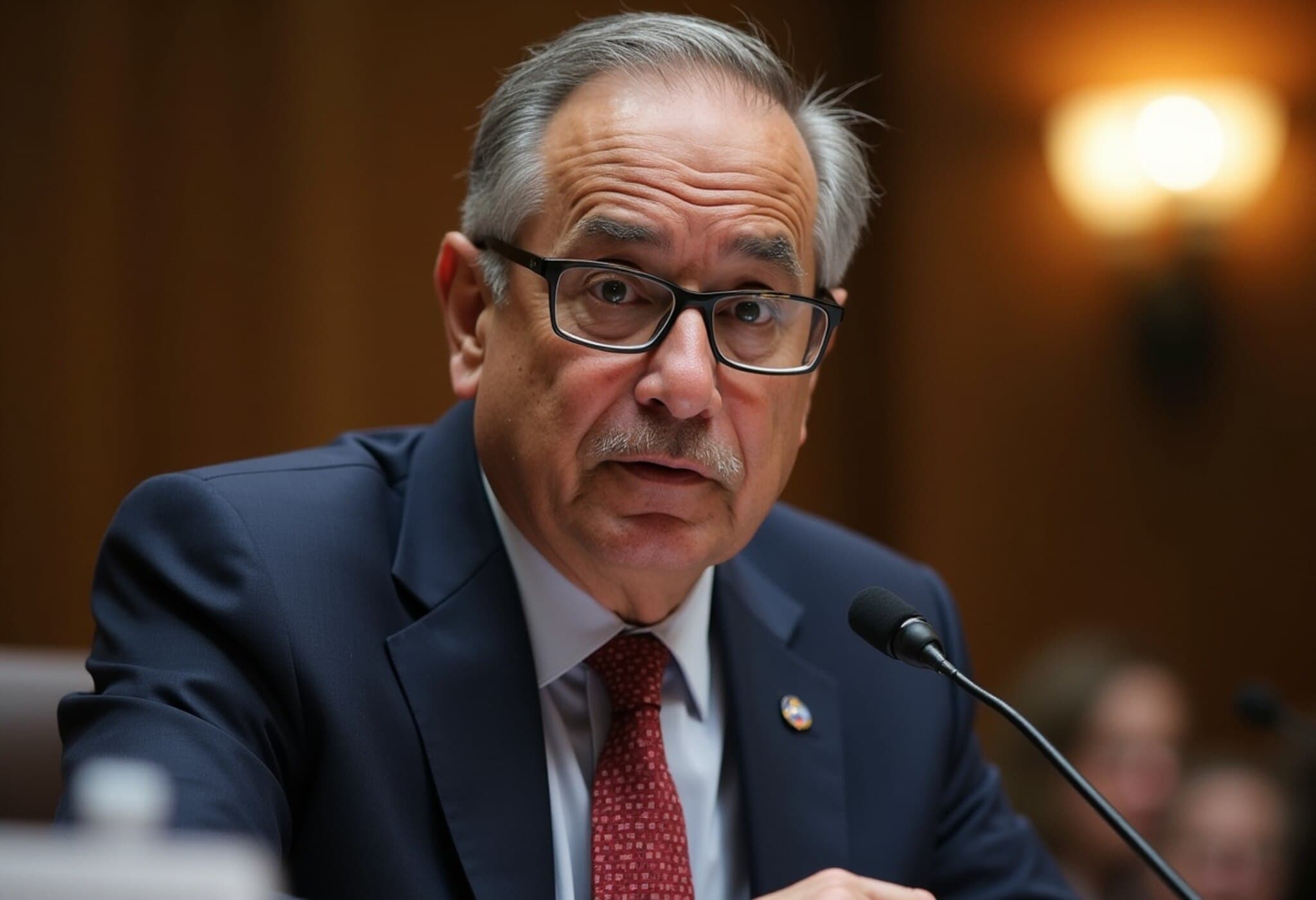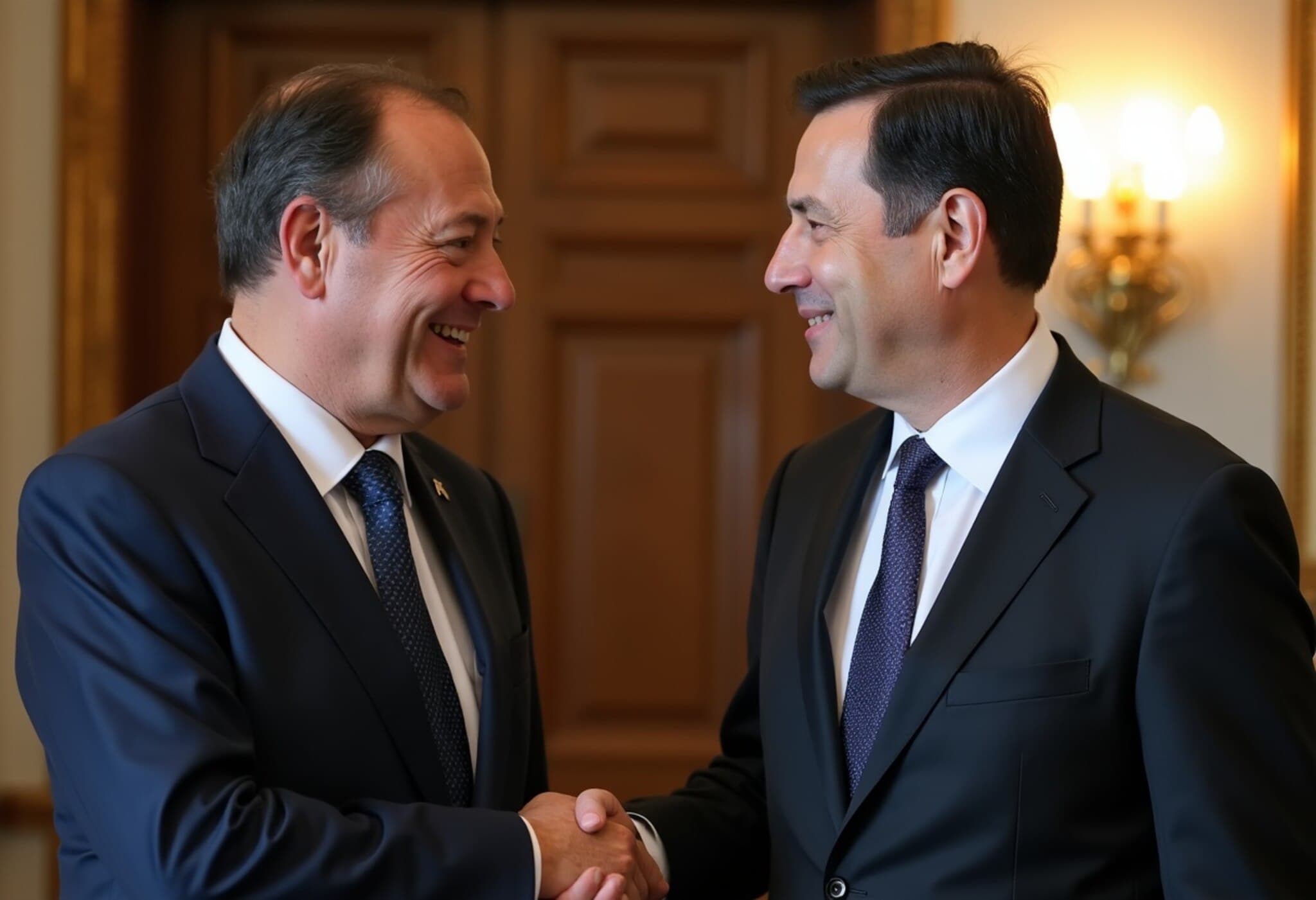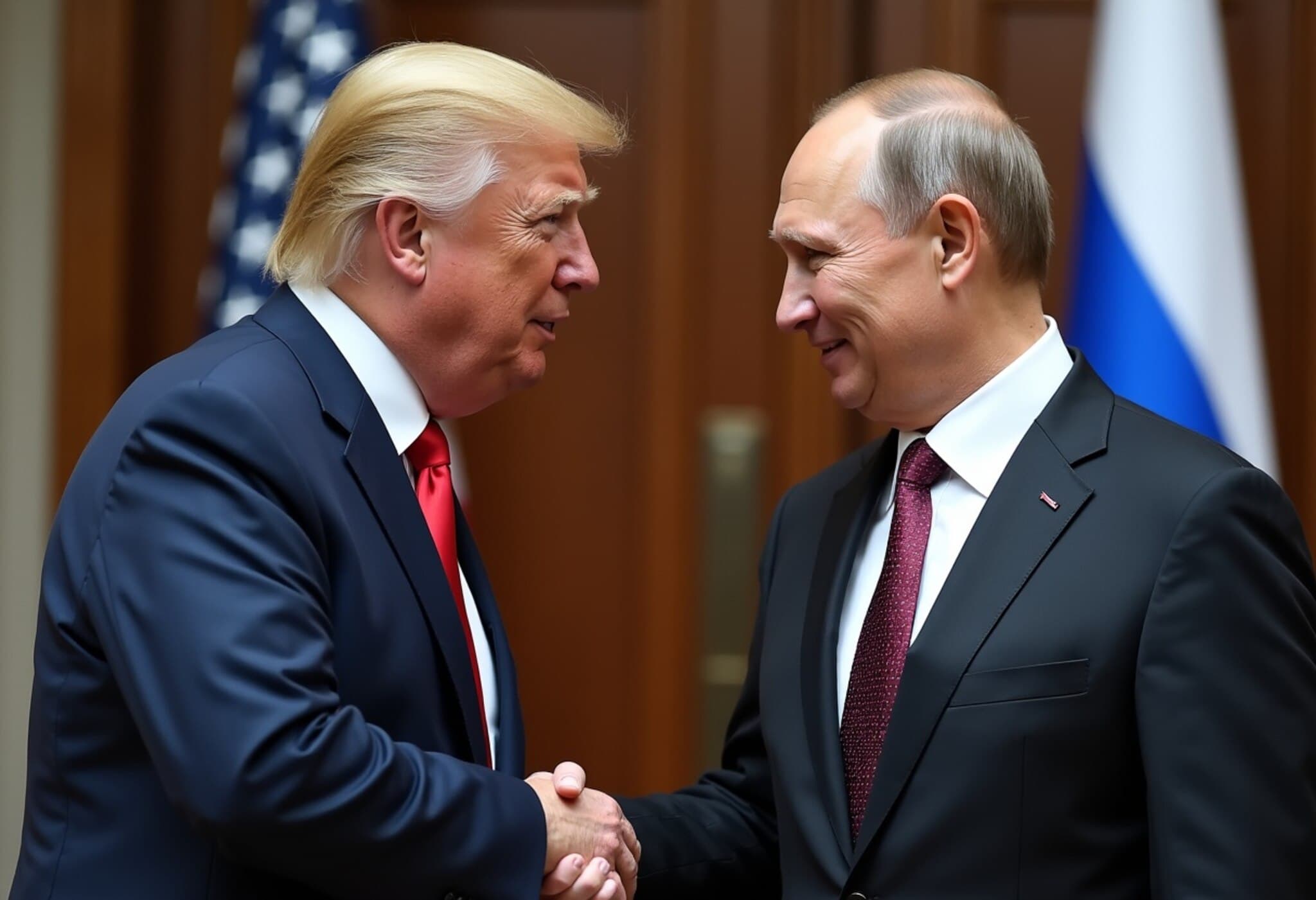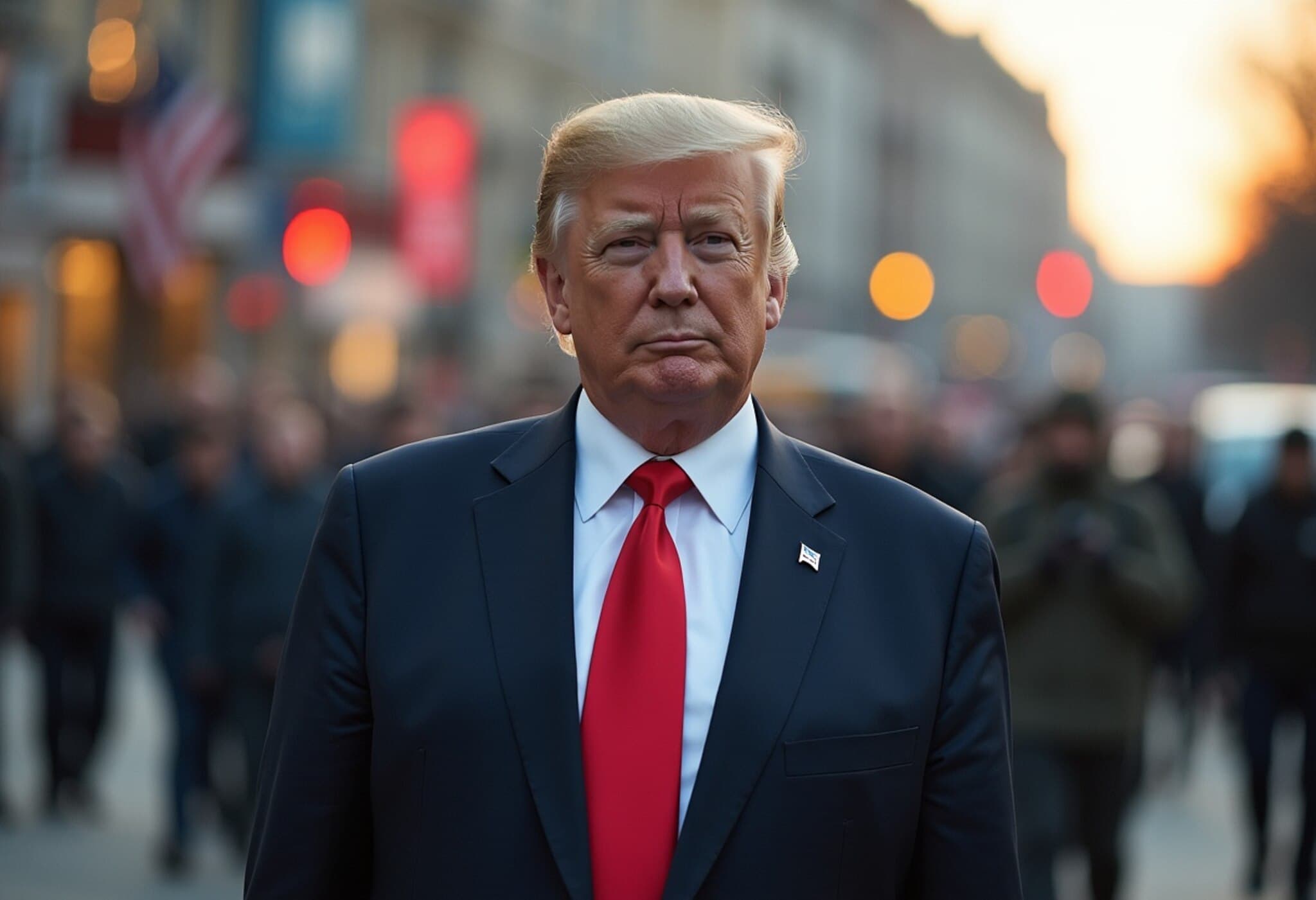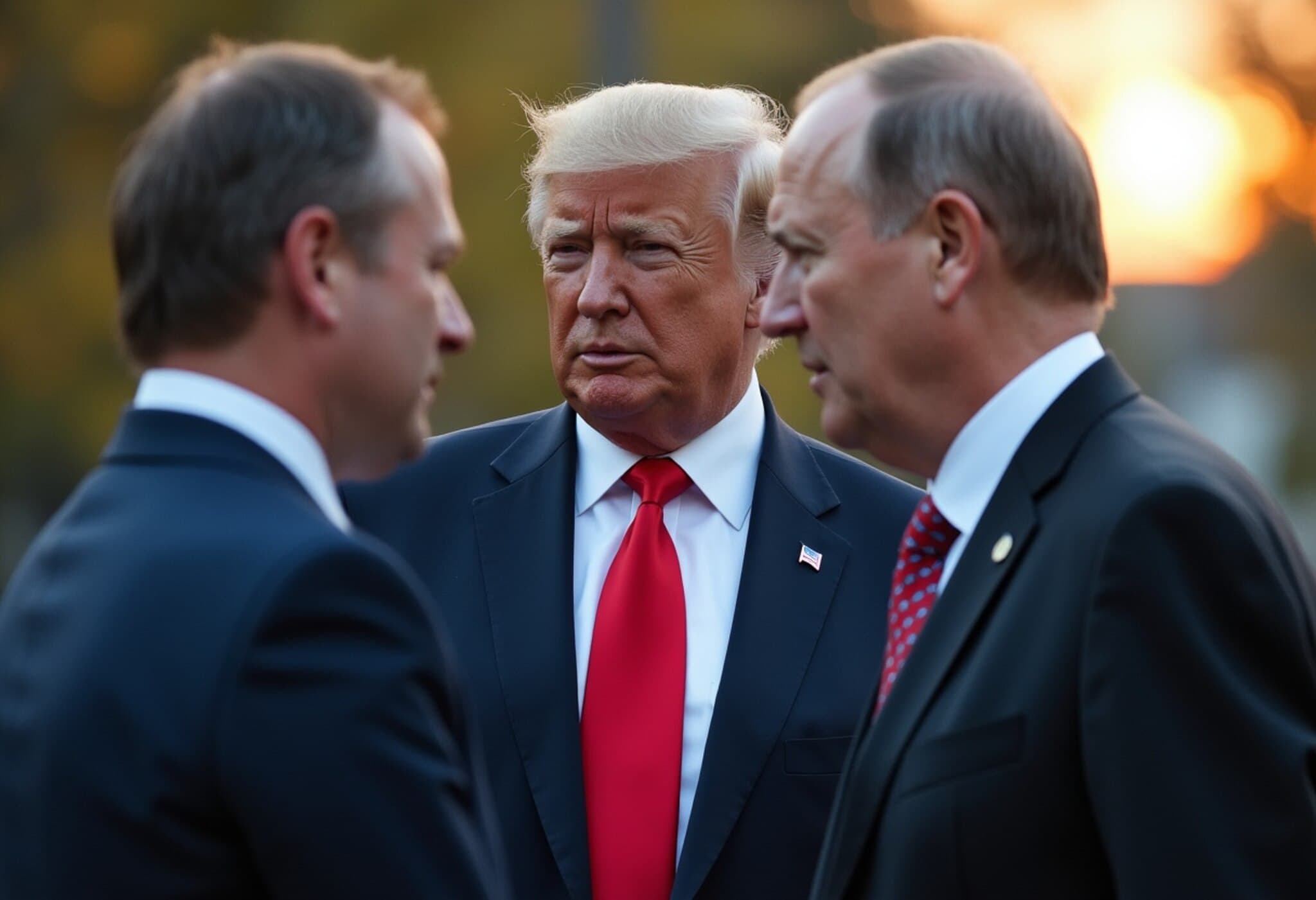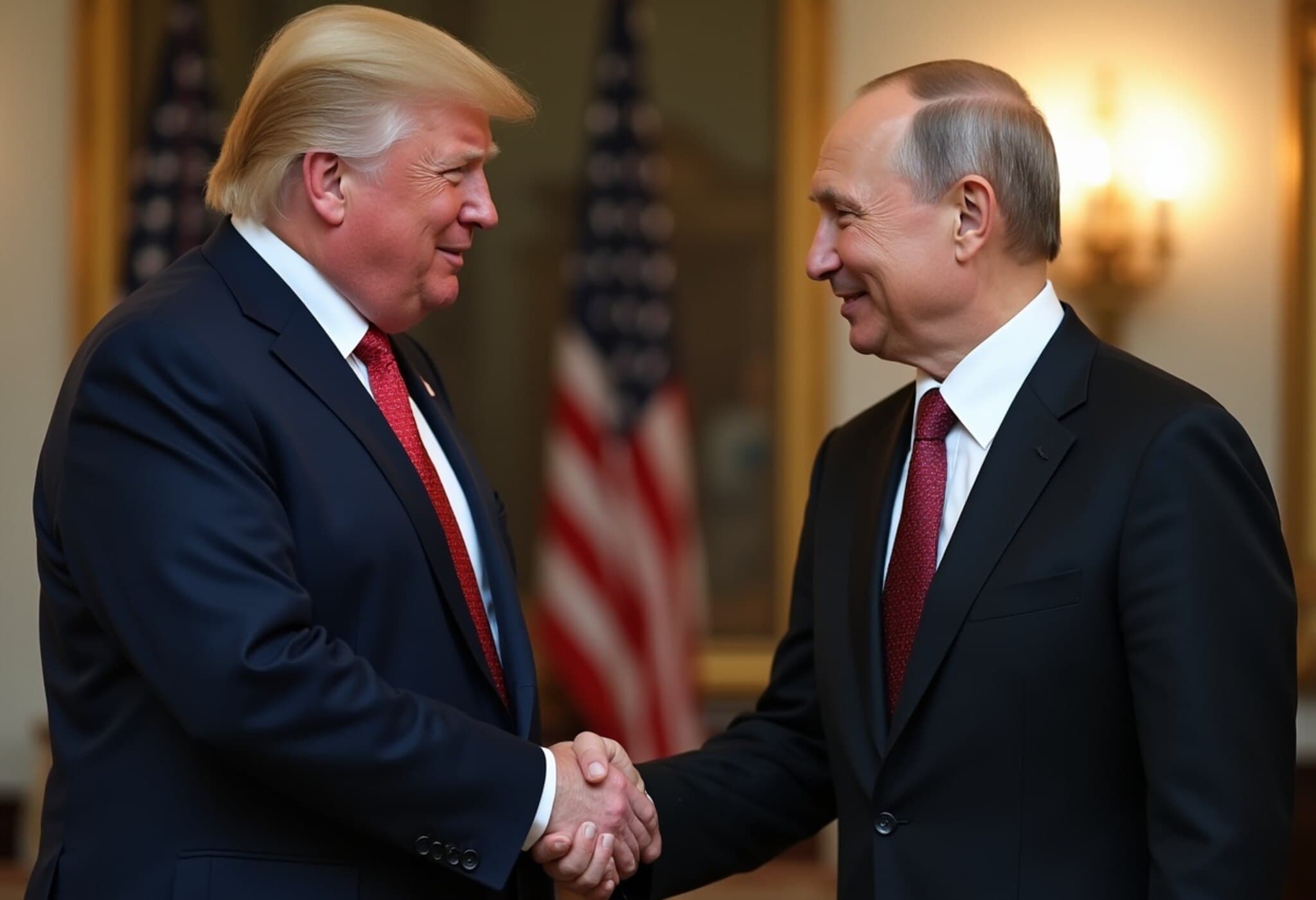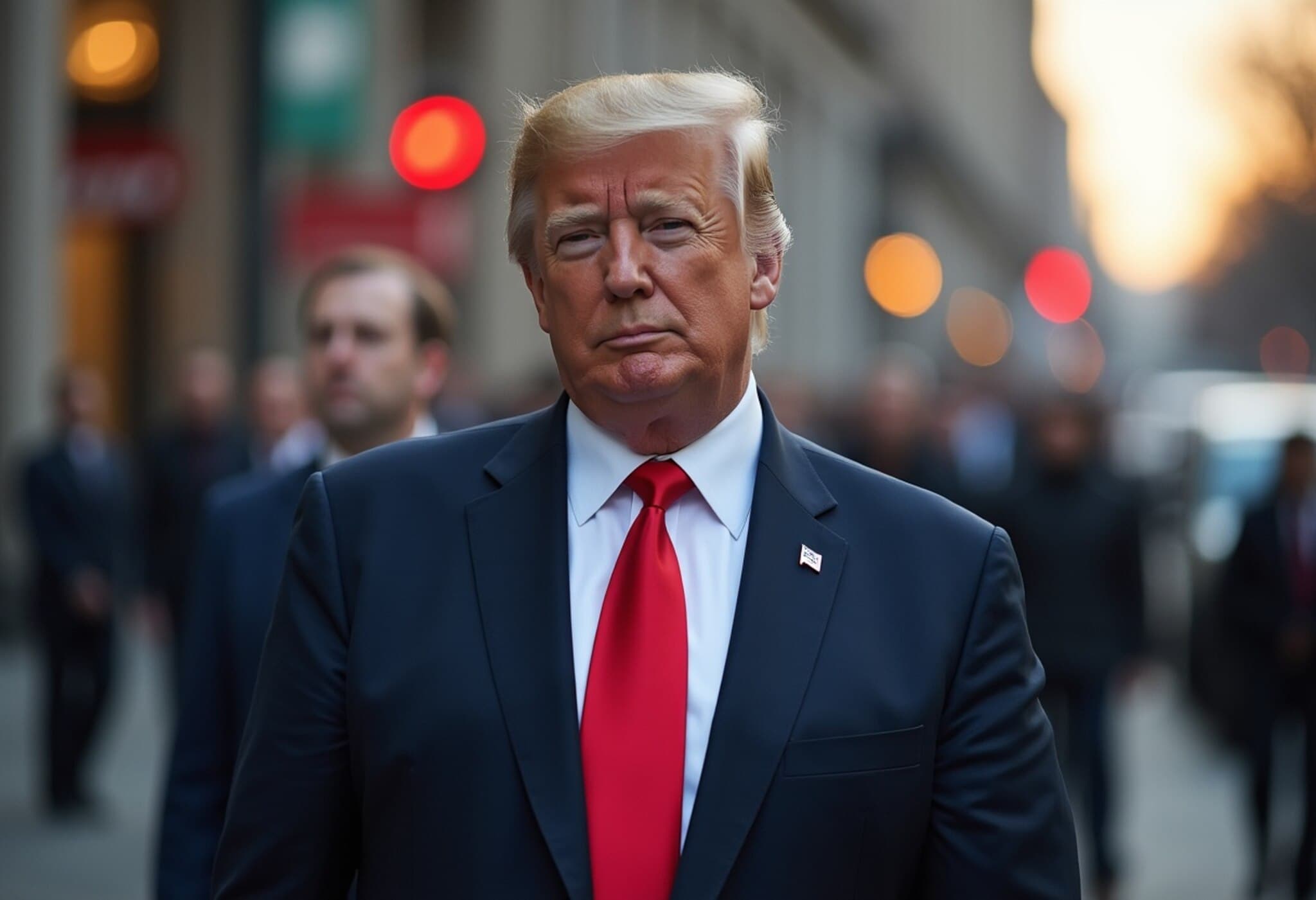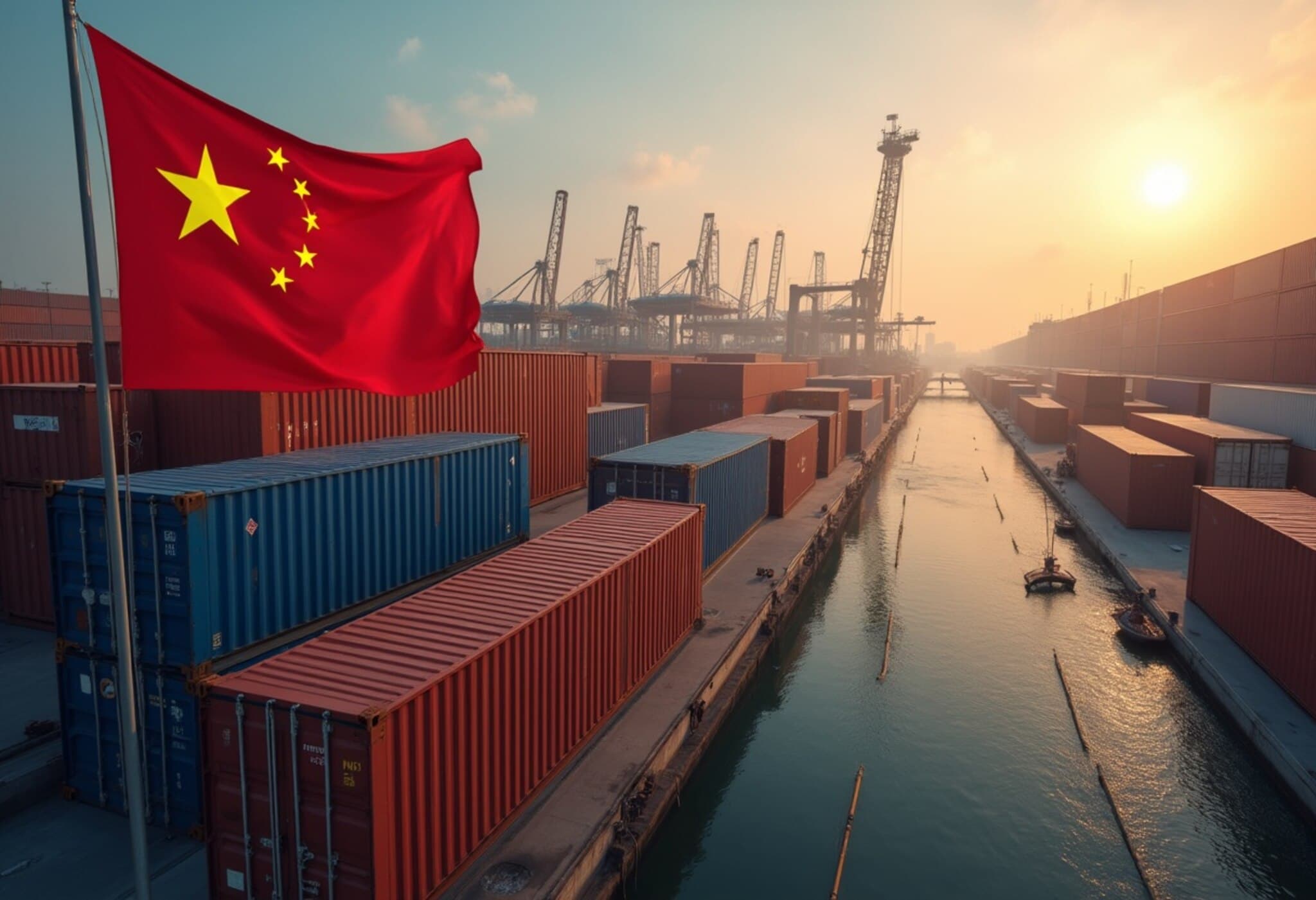World Awaits Trump’s Pivotal Statement on Russia Sanctions
As the clock ticks down to US President Donald Trump’s much-anticipated “major statement” scheduled for Monday, international observers, policymakers, and media outlets are buzzing with speculation. Will Trump finally back the bipartisan push for stringent sanctions on Russia? Or will he pivot instead towards military support for Ukraine without additional economic penalties?
The Dilemma: Sanctions Vs. Military Aid
Trump’s historical reluctance to impose harsh sanctions on Russia, coupled with his concern about antagonizing Russian President Vladimir Putin, has complicated expectations. Though Trump has publicly voiced frustration with Putin’s unyielding stance and the brutal attacks on Ukrainian civilians—including near-daily missile and drone strikes—the question remains whether this will translate into punitive policies against Moscow.
In recent remarks, Trump criticized Putin sharply, expressing disappointment with his duplicity: “I thought he was somebody that meant what he said and he’d talk so beautifully, and then he bombed people at night. We don’t like that,” Trump said.
Bipartisan Sanctions Proposal Details
Behind closed doors, a powerful bipartisan bill stands ready. Sponsored by Senator Lindsey Graham and endorsed by 85 Republican and Democratic senators, the legislation aims to cripple Russia’s war machine by targeting its economic lifelines. The proposal includes:
- Tariffs up to 500% on all Russian goods and on products imported from countries that purchase Russian oil, gas, uranium, or petroleum products, such as China and India.
- Sanctions targeting Russia’s top political and military leaders, including Putin, the prime minister, and senior commanders.
- Secondary sanctions designed to punish countries that enable Russia’s continued warfare through trade.
Senator Graham has described the bill as a “sledgehammer” that would equip President Trump with flexible, significant economic leverage to both punish Russia and dissuade other nations from supporting Moscow’s war efforts.
Geopolitical Implications: Spotlight on Global Trade Partners
This bill would force a reckoning on countries like India, China, and Brazil, which remain significant importers of Russian energy and commodities. The sanctions risk complicating diplomatic relations with these emerging global powers and could have ripple effects across international markets.
Likely Announcement: A New Arms Package for Ukraine
Reports from Axios and other outlets suggest that instead of sanctioning Russia anew, Trump might unveil a substantial military aid package for Ukraine. Already, Trump confirmed the United States would deliver Patriot air-defense systems, marking a significant escalation in US support. The upcoming announcement — expected after Trump meets with NATO Secretary-General Mark Rutte — could include long-range missile systems capable of striking deep into Russian territory, signaling a shift towards more assertive support.
Expert Insight: Balancing Act in US-Russia Policy
Experts note this moment reflects a broader strategic balancing act. On one hand, imposing unforgiving sanctions could degrade the Russian war effort but risk heightening geopolitical tensions, possibly fracturing alliances or provoking retaliatory measures. On the other hand, increasing military assistance to Ukraine without additional sanctions might embolden Kyiv while avoiding direct economic confrontation with Russia’s allies.
Furthermore, from a US domestic angle, the bipartisan support for sanctions underscores a rare convergence across partisan lines, highlighting the gravity with which Congress views Russian aggression. However, President Trump’s personal inclinations and diplomatic style remain a wildcard.
What Comes Next?
Monday’s statement will not only reveal Trump’s immediate policy direction but may also signal the US administration’s broader strategic stance amid a conflict that continues to reshape global security dynamics. For Ukraine, the stakes couldn’t be higher—the nature and scale of US support could influence the war’s trajectory.
Key Questions Moving Forward
- Will Trump’s announcement reflect a shift towards harsher economic penalties on Russia, or prioritize military aid to Ukraine?
- How will sanctions impact international trade relations, particularly with countries like India and China?
- What message will the US send to its NATO allies and the wider world about its commitment to Ukraine?
Editor’s Note
As the global community holds its breath, the upcoming announcement from President Trump embodies more than just a policy choice; it underscores ongoing debates about the most effective strategies to counter Russian aggression while managing complex international alliances.
Readers should watch for how the balance between sanctions and military support is struck, as this will have profound implications for geostrategy, global economic stability, and the future of NATO cohesion.

